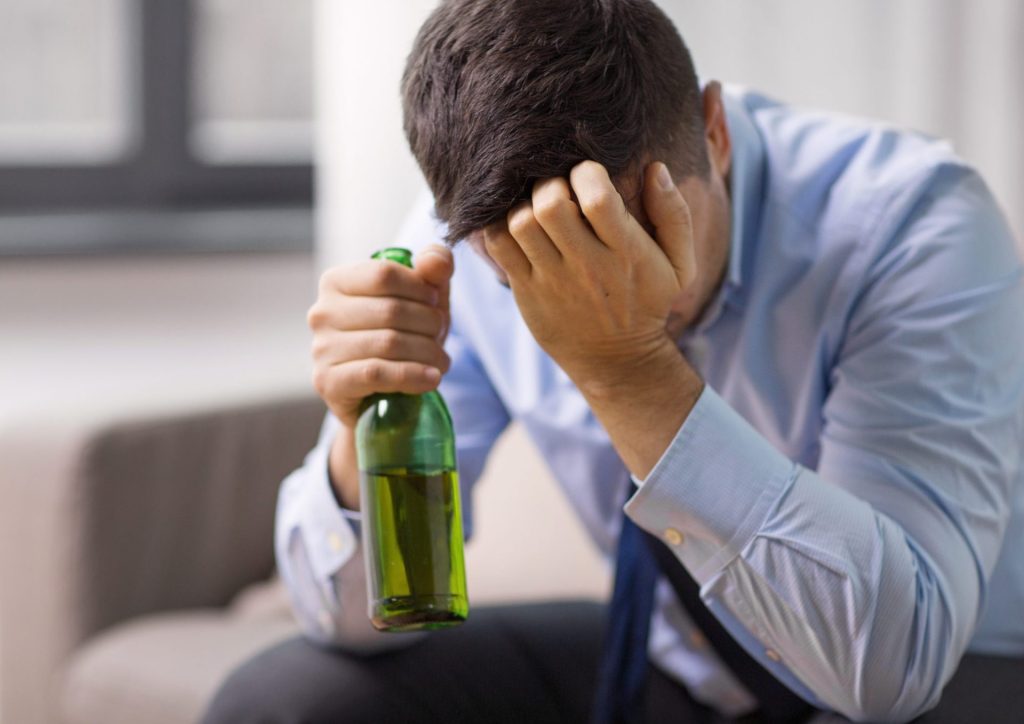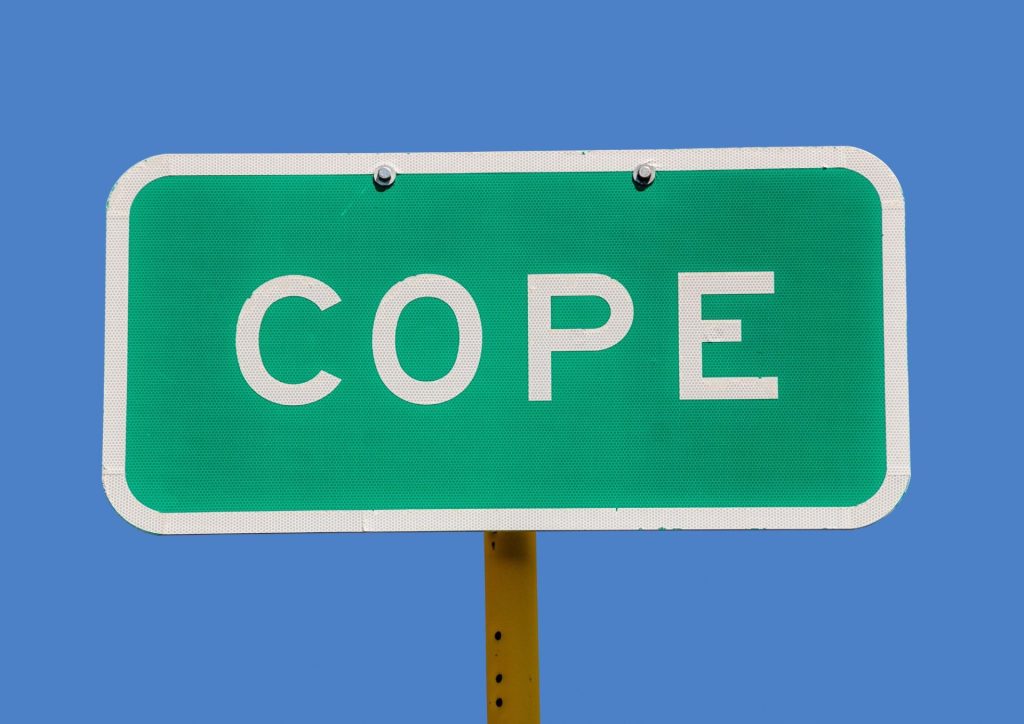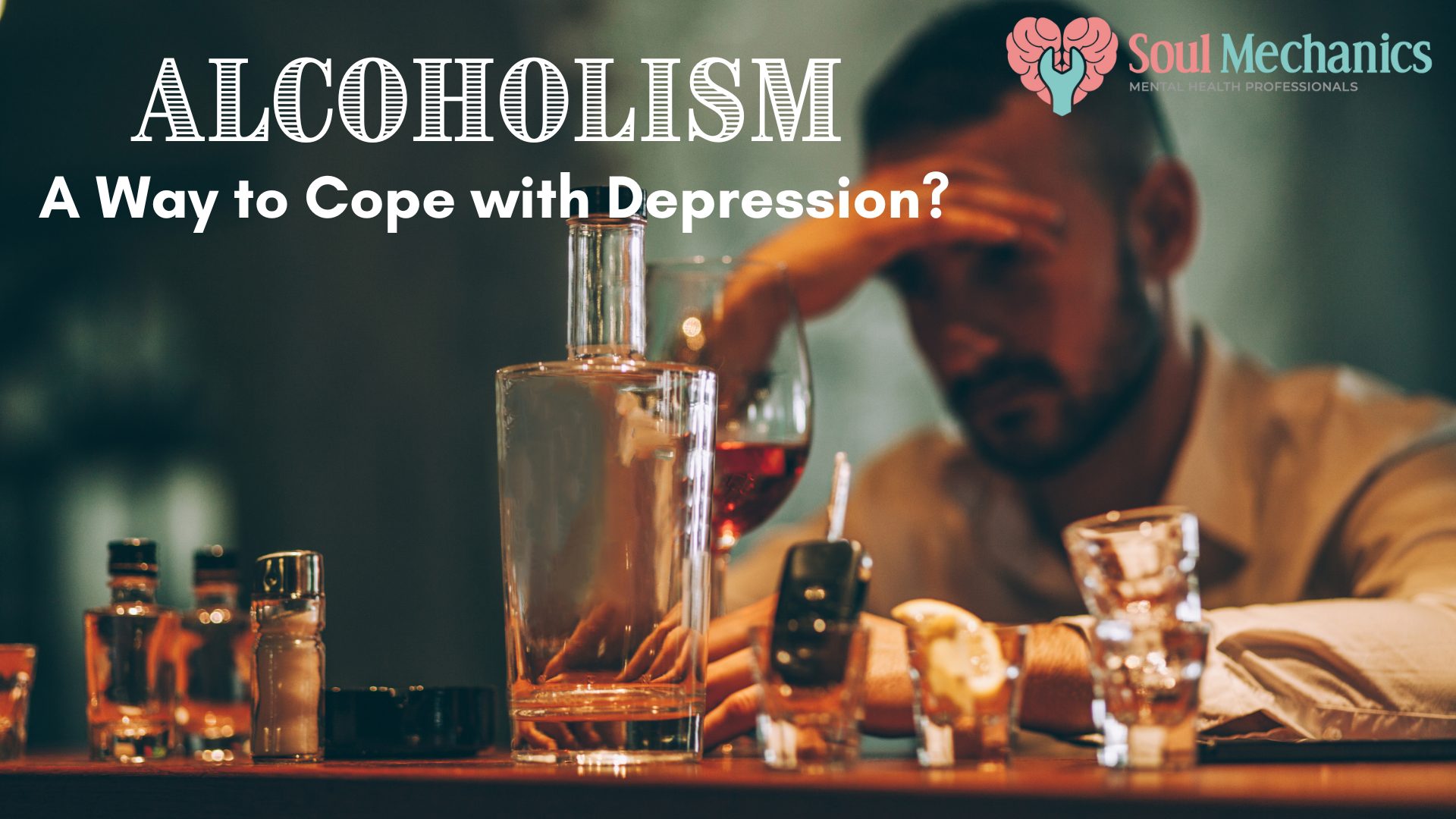Is Alcoholism a Way to Cope with Depression?
Is Alcoholism a Way to Cope with Depression?
Alcoholism and depression are two prevalent problems that affect individuals from all walks of life. Alcoholism, also known as alcohol use disorder (AUD), involves excessive and problematic drinking that can lead to severe health and mental concerns. Depression, on the other hand, is a mental health disorder characterized by persistent feelings of sadness, a loss of interest, and hopelessness. But what is the connection between alcoholism and depression? Can alcoholism be a way to cope with depression?
Understanding Alcoholism

Alcohol is a common substance that many individuals use in social events or for recreational purposes. For some, alcohol can be a way to relax and unwind after a long day. However, when used excessively, alcohol can become a problem over time, leading to the problem of alcoholism. It is pertinent to note that not everyone who drinks will develop alcoholism. The key features of alcoholism include:
1. Loss of control
Individuals with alcoholism are often unable to cut down their drinking and find it hard to stop when they want to.
2. Cravings
They experience strong urges or desires to drink, making it difficult to resist.
3. Tolerance
Over time, individuals may need to consume more significant amounts of alcohol to get the desired effects.
4. Withdrawal symptoms
When they stop drinking, they can experience physical and emotional symptoms such as anxiety, trembling, and irritability.
5. Giving up other activities
Alcoholics may spend a significant amount of time obtaining, using, or recovering from alcohol, sometimes at the expense of important aspects of their lives.
6. Continued use despite the problems
Individuals with alcoholism often keep drinking despite experiencing adverse effects on their health, relationships, work, or personal life.
Understanding Depression
Depression is a mental health condition characterized by prolonged and overwhelming feelings of sadness, a loss of interest in previously enjoyable activities, and a range of physical and emotional symptoms. Some symptoms of depression include:
- Long-lasting feelings of sadness or emptiness.
- Loss of interest or pleasure in activities that used to bring joy.
- Changes in appetite.
- Disturbances in sleep patterns.
- Felling fatigue.
- Feelings of worthlessness or excessive guilt.
- Difficulty concentrating and making decisions.
- Recurrent thoughts of death or suicide.
Is Alcoholism a Way of Coping with Depression?

The relationship between alcoholism and depression is not as straightforward. While alcohol can be used as a coping mechanism to deal with depressive symptoms, it is not a direct symptom of depression. Instead, it is more accurate to view alcoholism as a separate disorder that often co-occurs with depression. The interaction between these two conditions can create a harmful cycle, worsening each condition.
Alcoholism and depression often can appear together in the same individual. It was found that individuals with depression are more likely to develop alcoholism and vice versa. Some individuals with depression consume alcohol as a way to self-medicate. They use alcohol to relieve emotional pain or improve their mood temporarily. Alcohol can initially provide a sense of relief, as it suppresses the central nervous system, leading to feelings of relaxation and reduced anxiety. However, this can lead to a habit of drinking excessively to cope with their emotional pain. This leads to a cycle of increased alcohol consumption as they repeatedly seek relief. While alcohol can provide temporary relief, it is not a long-term solution and can worsen depression over time.
An individual struggling with both alcoholism and depression might find it challenging to break free from the cycle. When someone experiences both alcohol use disorder and depression simultaneously, it can be a co-occurring disorder (i.e., dual diagnosis). Treating these conditions together can be challenging, as each can influence and exacerbate the other. When individuals try to quit drinking, they may experience worsening depressive symptoms, making it difficult to maintain sobriety.
When an individual consumes alcohol, it can disrupt the balance of neurotransmitters (i.e., chemicals) in the brain, which are responsible for regulating mood. This disruption may intensify their depressive symptoms, potentially leading to a more profound sense of hopelessness and despair. Alcohol misuse can lead to negative consequences, such as strained relationships, job loss, legal issues, and health problems. These consequences can further contribute to feelings of depression, maintaining the cycle of alcoholism and depressive symptoms.
Treatment to Recovery

Effective treatment for individuals with co-occurring alcoholism and depression involves addressing both conditions simultaneously. When someone with severe alcohol dependence decides to quit, they may experience withdrawal symptoms that can be severe and even dangerous. In this case, they need to undergo detoxification in a medically supervised setting to manage withdrawal symptoms safely.
Psychotherapy, such as cognitive-behavioral therapy (CBT) and dialectical-behavior therapy (DBT), can help individuals learn adaptive coping strategies to manage their emotional pain, stress, and depression. At the same time, they will also learn how to identify and cope with triggers for alcohol use and depression, which is crucial for long-term recovery. Individuals will learn to develop a plan to recognize triggers that might lead to drinking or worsening depressive symptoms. They can then use adaptive coping strategies to prevent relapse.
Support groups, such as Alcoholics Anonymous (AA) or groups focused on depression, can provide individuals with the peer support and encouragement they need during their recovery journey. Support groups can offer a safe space for individuals to share their experiences and learn from others to maintain their recovery.
To Conclude: Is Alcoholism a Way to Cope with Depression?
Alcoholism and depression are two different conditions, but they often co-occur, creating a challenging struggle for individuals. It is inaccurate to consider alcoholism as a symptom of coping with depression. Still, the two conditions frequently influence and exacerbate each other. It is essential to take a comprehensive approach to provide individuals with the support they need to break free from the cycle of alcoholism and depression. If you or someone you know is struggling with both alcoholism and depression, seeking professional help is the first step towards recovery.
If you enjoyed reading this, why not broaden the horizon of knowledge by learning about "Is Depression Overrated"?
You can read the blog here.
For more content related to mental health do follow us on our official Instagram.

